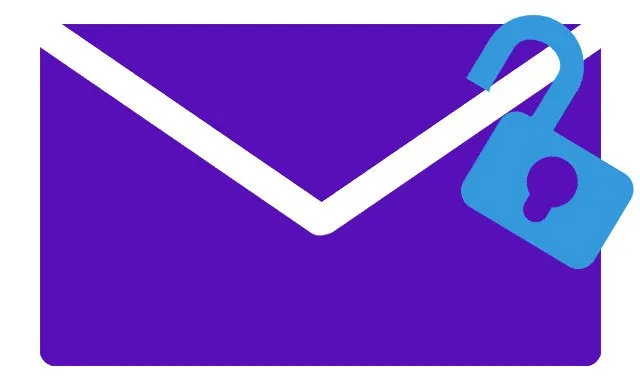Data tracking and collection has been used for decades. The main reason is to make money by attracting advertisers with data they can use to better sell their products. Just surfing the web allows data to be siphoned, but there are more questionable techniques being used to collect that data through various services offered by tech giants. And users aren't told about it. Our data is simply used without our consent.

pixabay, pixabay
We've found out this year about the Facebook Cambridge Analytica scandal, and recently about Google paying Mastercard millions to get data on offline purchases in retail stores to attract advertisers. Now Yahoo and AOL is in the spotlight for scanning emails.
Verizon, who owns Yahoo and AOL, is offering a new service to advertisers to keep the money flowing onto their sites. The over 200 million email inboxes are being scanned and searched to find clues about goos and services they bought or might be interested in buying.
It might be shocking, but it's not the first time this has happened. Google was doing this before, but stopped doing it last year. Google is still getting tons of personal data from internet users, so they aren't the "good guys" just because they stopped. It just means they can get user data without scanning emails, unlike Yahoo and AOL which have less access to suer data since Google is the #1 search engine in the world.
But it's also not the first time Yahoo has been caught scanning emails to make money with advertisers. In 2016 Yahoo reached a settlement of $4 million in a class action lawsuit for violating federal wiretap laws. Yahoo didn't admit to any wrongdoing as a result. Instead of using the exact same tactic, they just changed up one part. Rather than scanning the emails in transit, they now scan the emails once arriving in people's inboxes.
The scans look at received emails and then categorize users accordingly. If you have confirmation emails about car loans, then you get places into a car owner group. Brokerage trade confirmation emails get you categorized as an investor. Flight confirmations get you labeled as a frequent flier. Then profiles are created for your interests, and they track your activity across the internet to deliver tailored ads on other sites that are more likely to get a sale.
A VP for a Verizon company that acquired Yahoo Mail, Oath, acts as if users owe companies something for getting free email services:
"Email is an expensive system. I think it’s reasonable and ethical to expect the value exchange, if you’ve got this mail service and there is advertising going on."
Paying users with Yahoo premium email service have their emails scanned as well, but they can opt out. If only they knew their emails were being scanned or could easily see it. Instead, the option to opt out is put in the "Ad Interest Manager" section, instead of an obvious place like Settings.
Yahoo is desperate to keep some advertisers and make money, despite it's failing popularity as an email provider. With only 19% of people aged 18 to 29 using Yahoo Mail, this privacy issue could cause them to plummet even further. Earning back users doesn't seem to matter to Yahoo though, since making money is driving their behavior to scan emails in the first place.
References:
- Yahoo email caught secretly scanning user emails to build psych profiles to sell to advertisers
- Yahoo Admits It Scans Emails to Collect Data to Sell to Advertisers
Thank you for your time and attention. Peace.
If you appreciate and value the content, please consider: Upvoting, Sharing or Reblogging below.
 me for more content to come!
me for more content to come!
My goal is to share knowledge, truth and moral understanding in order to help change the world for the better. If you appreciate and value what I do, please consider supporting me as a Steem Witness by voting for me at the bottom of the Witness page.
